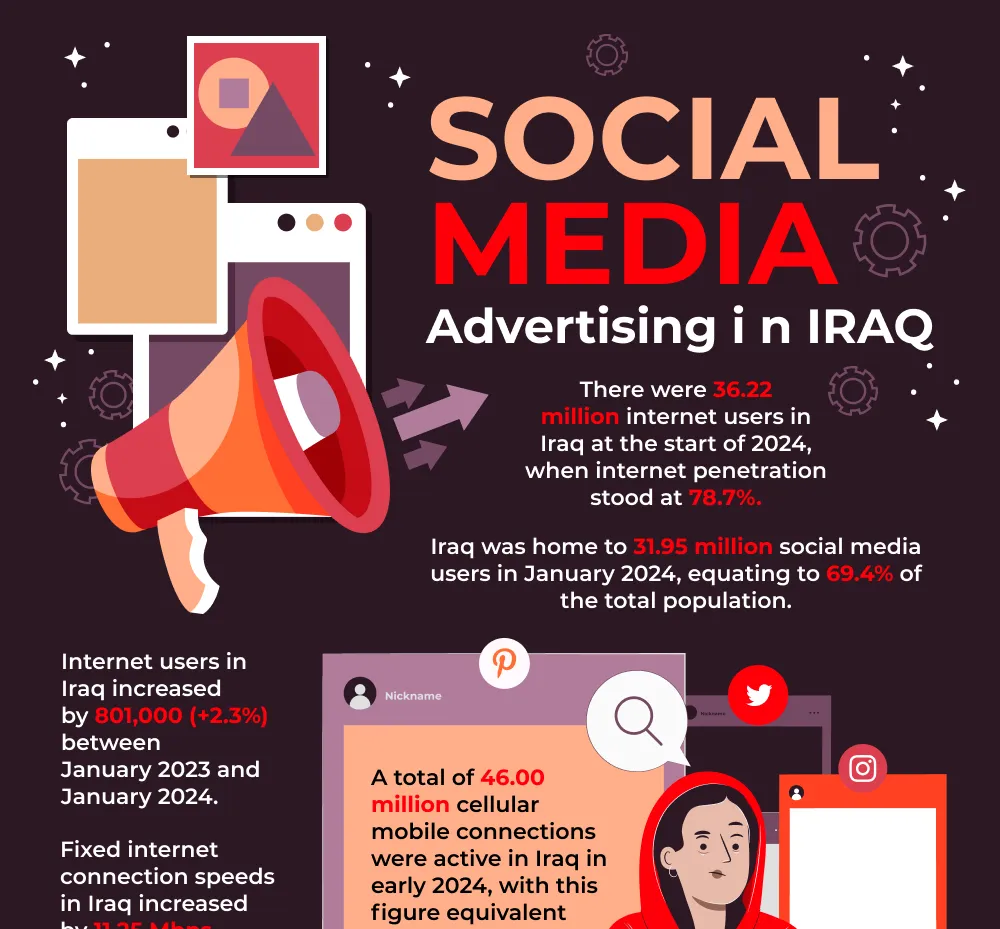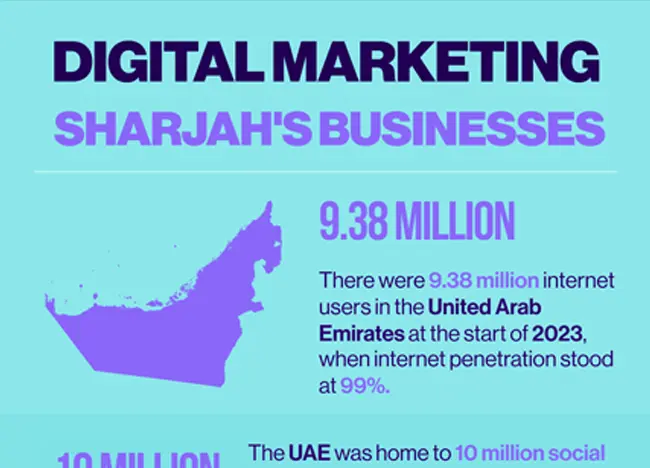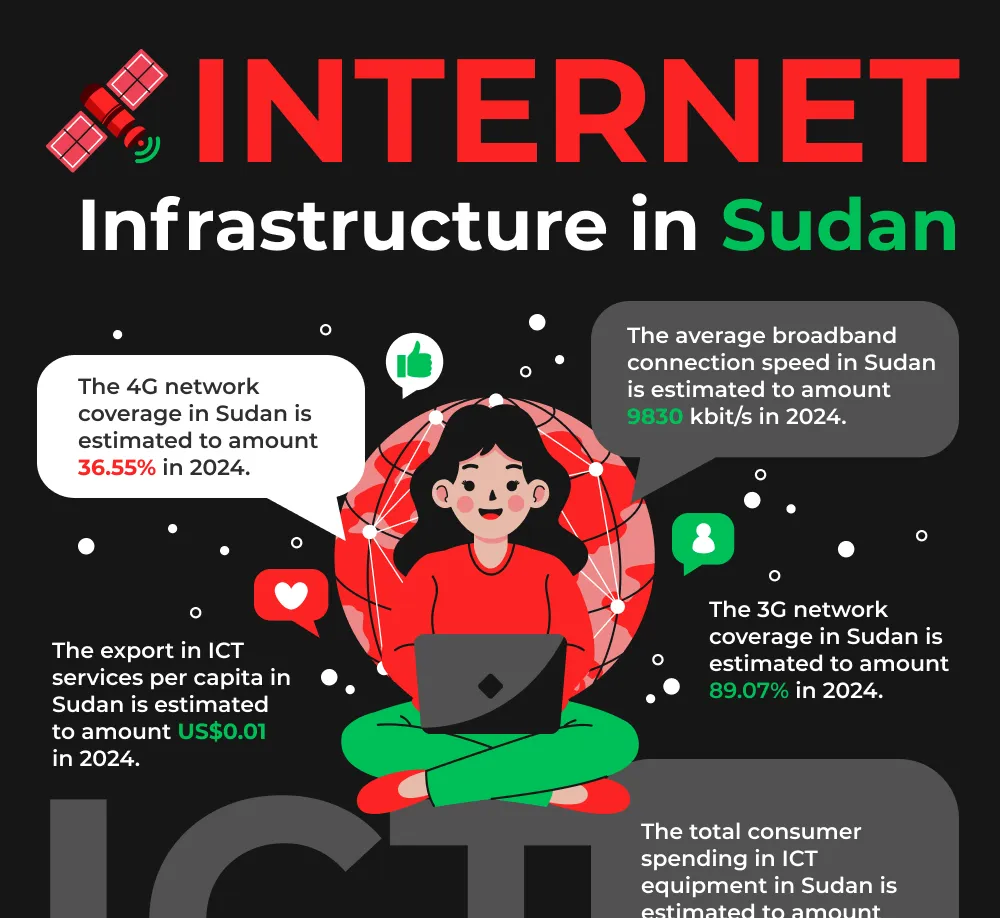The estimated number of active social networking users in China is 597 Million. The volume of social sharing in China went up by 60% in 2012 alone. Check out our infographic for more such interesting facts about social media in China

Top 10 Social Networking Sites in China
| Social Networking Site | Estimated Number Of Registered Users (In Millions) |
| Qzone(Social networking website where users can write blogs, share photos, music and much more) | 712 |
| Tencent Weibo(Chinese Microblogging Website) | 507 |
| Sina Weibo(Chinese Microblogging Website – A hybrid of Twitter and Facebook) | 500 |
| Wechat(Micro Messaging App) | 300 |
| Pengyou(A real-name social network) | 259 |
| 51.com(For the Chinese web-gaming community) | 200 |
| Kaixin001 (Cloned the most successful and well-known Facebook applications to the Chinese Market) | 113 |
| RenRen(Facebook of China) | 172 |
| Jiayuan (The largest internet dating website of China | 73 |
| Douban (Chinese SNS devoted to music, books, films, and other hobbies) | 62 |
Social Media User Demographics
| Gender | %age |
| Male | 57% |
| Female | 43% |
Social Media users by age
| Age group | %age |
| 19-25 | 19% |
| 26-30 | 30% |
| 31-35 | 21% |
| 36-40 | 12% |
| 40+ | 18% |
91% of the online population in China has an account on a social media site, as compared to 67% in the USA.
88% of Chinese social media users are active on at least one social network.
An average online user in China spends at least 46 minutes on social networking sites every day.
4 out of the top 5 social networking sites by users numbers in Asia are from China.
Only 38% of Chinese netizens reveal their real names on social networking sites.
On average, each of China’s social media users follows at least 8 brands.
43% of Chinese netizens are interested in products shared by friends on social networking sites.
38% of Chinese netizens take shopping decisions based on recommendations on their social networks.






